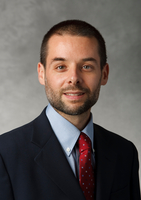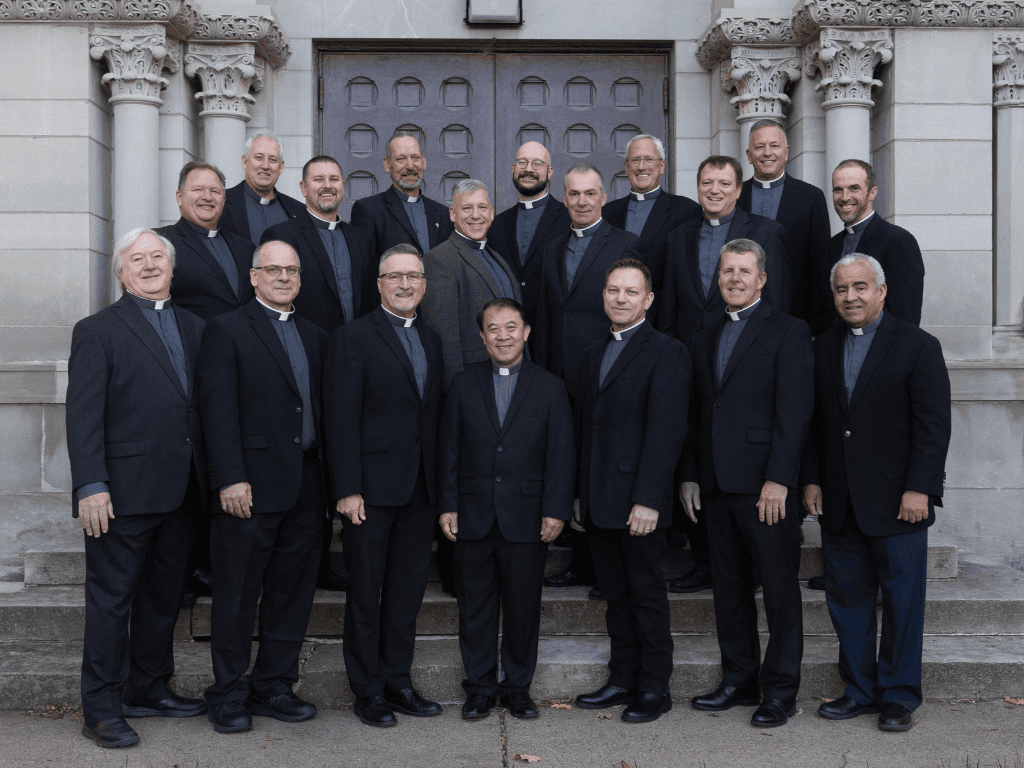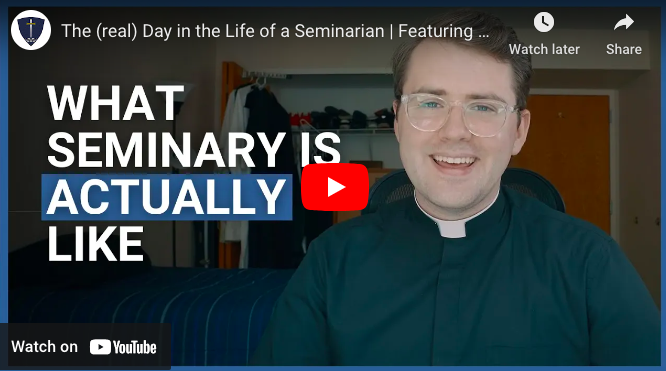The creation of an Institute for Catholicism and Citizenship was announced at a national conference on the Second Vatican Council held this week at the University of St. Thomas.
The new institute, part of the university’s Theology Department, will be directed by theologian and church historian Dr. Massimo Faggioli, a member of St. Thomas’ theology faculty since 2009.
The institute, Faggioli said, was inspired by the Second Vatican Council and created “in response to a direct call from Pope Francis.
“In the most important document yet published by Pope Francis, ‘The Joy of the Gospel,’ the pope uses the word ‘citizen’ 15 times. And on many occasions the pope has emphasized the need for Christians … and Catholics in particular … to be conscientious, active citizens,” Faggioli said, “In it, he wrote that ‘Being a citizen is a virtue and participation to political life is a moral obligation.’”
Today’s announcement comes exactly two years after the election of Pope Francis. According to its website, the institute “will promote civil discourse, faithful citizenship and the common good by fostering theological insight and interdisciplinary inquiry into economic, political and social issues.”
“This will bring fresh voices to our campus,” Faggioli said, “and also will strengthen the interdisciplinary collaboration of different departments at St. Thomas.”
The institute’s advisory board includes faculty members from the fields of history, law, theology, biochemistry and Catholic studies. It is being launched with support from St. Thomas’ College of Arts and Sciences and from Harry McNeely Jr., now in his 46th year of service on the St. Thomas Board of Trustees.
“The new institute is a perfect fit for St. Thomas’ mission to ‘educate students to be morally responsible leaders who think critically, act wisely and work skillfully,’” Faggioli said. “I’m very grateful for the support we have received from throughout the university.”
Events planned for the institute’s first year include:
- An inaugural lecture on “Pope Francis on Politics: Faithful Citizenship in a Time of Polarization” with John Carr of Georgetown University on April 23
- A lecture on “Religious Liberty at 50 years From Vatican II” with David Hollenbach of Boston College and John McGreevy of the University of Notre Dame on Nov. 5
- A lecture on “From Mutual Excommunications to Growing Communion: Orthodox-Catholic Dialogue 50 Years After Vatican II” with Greek Orthodox theologian Father Paul Chryssavgis, Monsignor Paul McPartlan of the Catholic University of America and Dr. Paul Gavrilyk of St. Thomas on Nov. 9
- A conference on “The Common Good Isn’t Common: Catholic Citizenship in an Individualistic Age” with Bishop Robert McElroy, newly appointed bishop of San Diego; Dr. Nicholas Cafardi, dean emeritus and law professor at Duquesne University; and Dr. Kristin Heyer of Santa Clara University on April 8-9, 2016
Theologians and historians from more than 20 U.S. colleges and universities are attending the conference at St. Thomas this week. They are discussing the state of the Catholic Church in the 21st century and the continuing impact of “Gaudium et Spes,” the Pastoral Constitution on the Church in the Modern World issued in December 1965 at the end of the Second Vatican Council. The document, the last of four constitutions to come out of the council, is the most important conciliar document of Catholic social teaching in the areas of family, economics, poverty, social justice, culture, science and technology.
St. Thomas members of the institute’s advisory board are Dr. Cara Anthony, Theology Department; Thomas Berg, holder of the James L. Oberstar Professor of Law and Public Policy at the School of Law; Dr. Bernard Brady, Theology Department chair; Dr. Catherine Cory, Theology Department and chair of the History Department; Dr. Jayna Ditty, Biochemistry Department; Dr. Michael Hollerich, Theology Department; Dr. William Junker, Catholic Studies Department and co-director of the Terrence J. Murphy Institute for Catholic Thought, Law and Public Policy; Dr. Amy Levad, Theology Department; Dr. Gerald Schlabach, Theology Department and past chair of the Justice and Peace Studies Department; Sister Katarina Schuth, holder of the Endowed Chair for the Social Scientific Study of Religion; Dr. Angela Senander, Theology Department; Father Larry Snyder, vice president for mission; and Dr. Paul Wojda, Theology Department.







